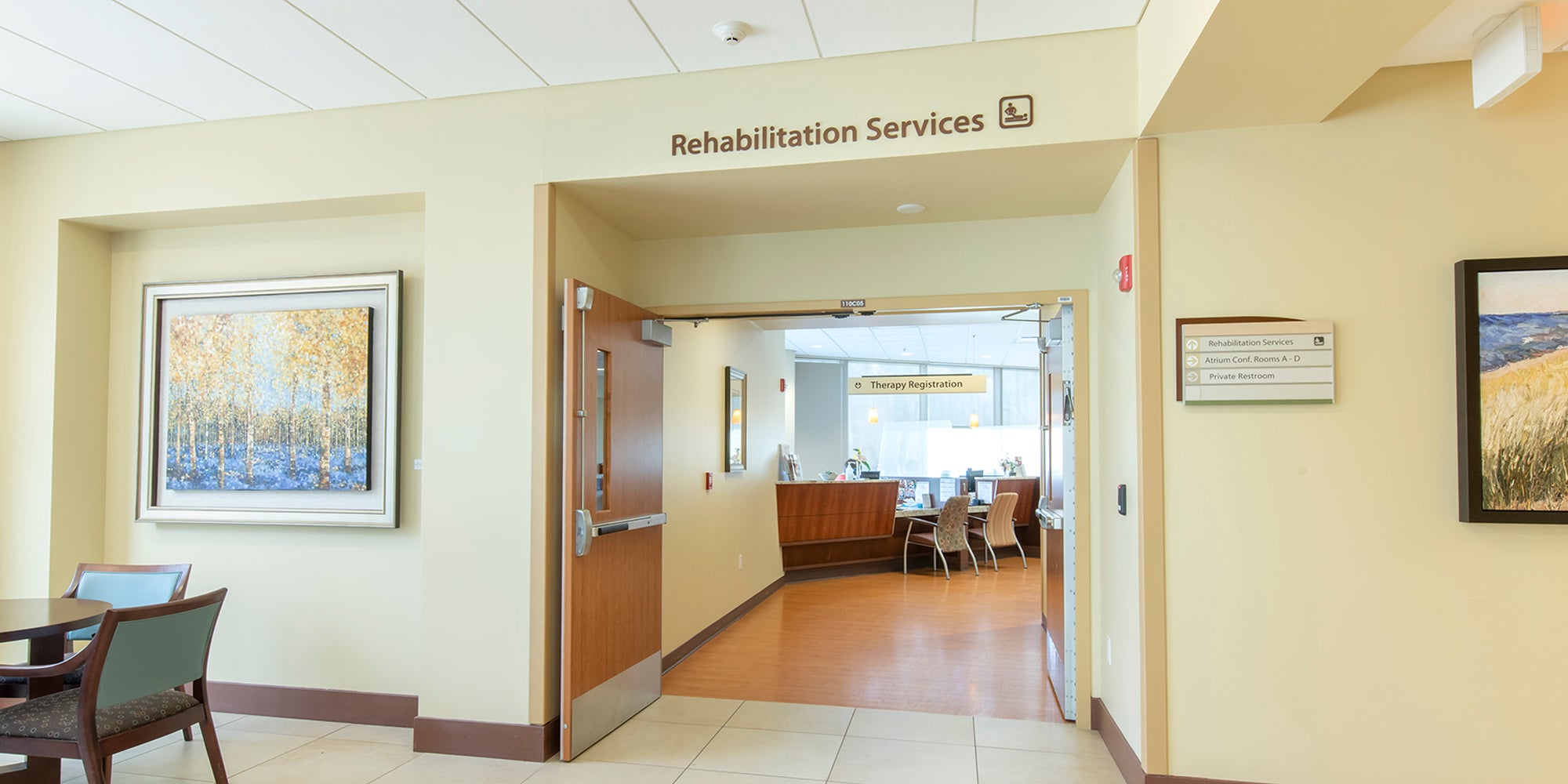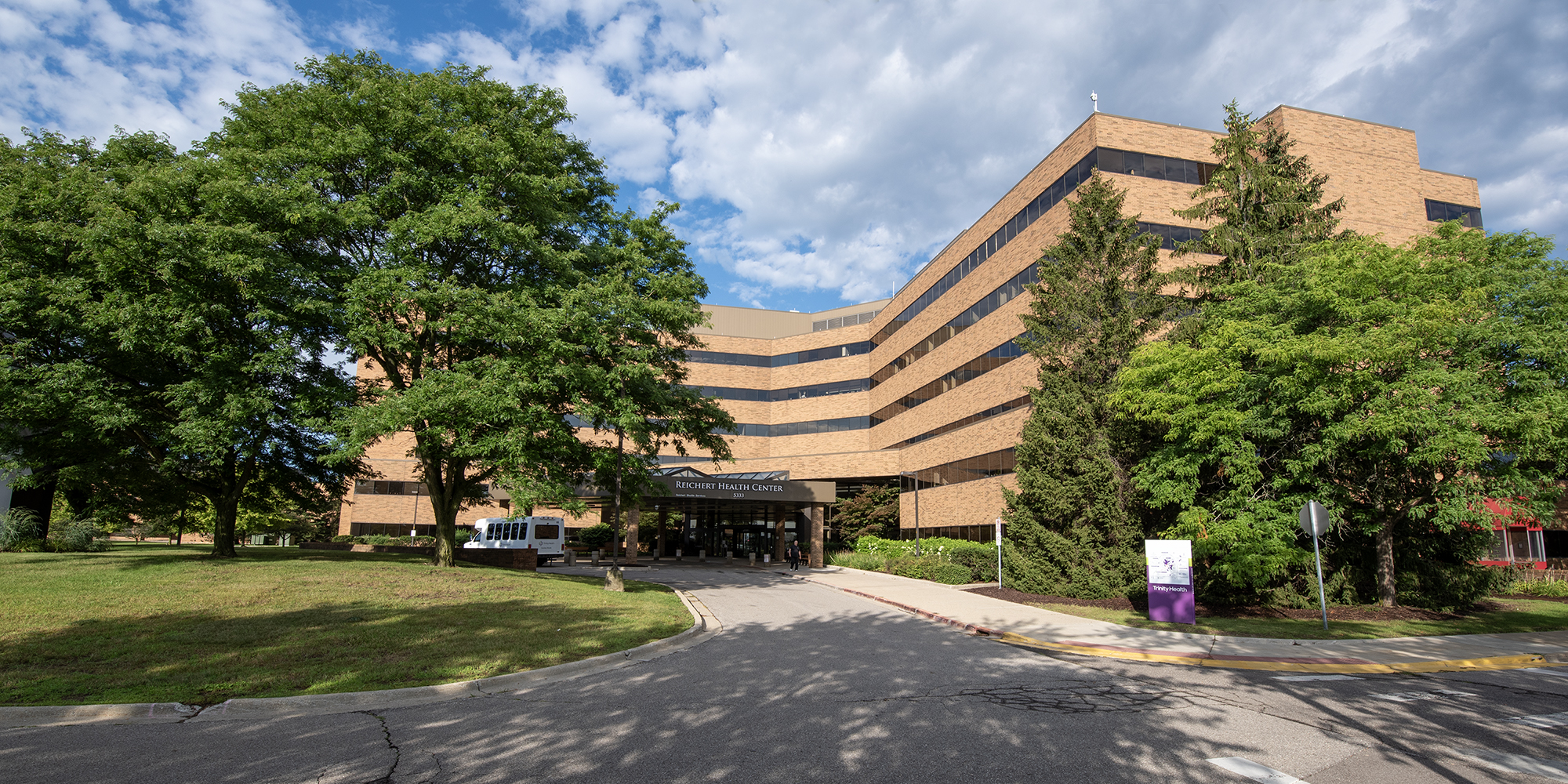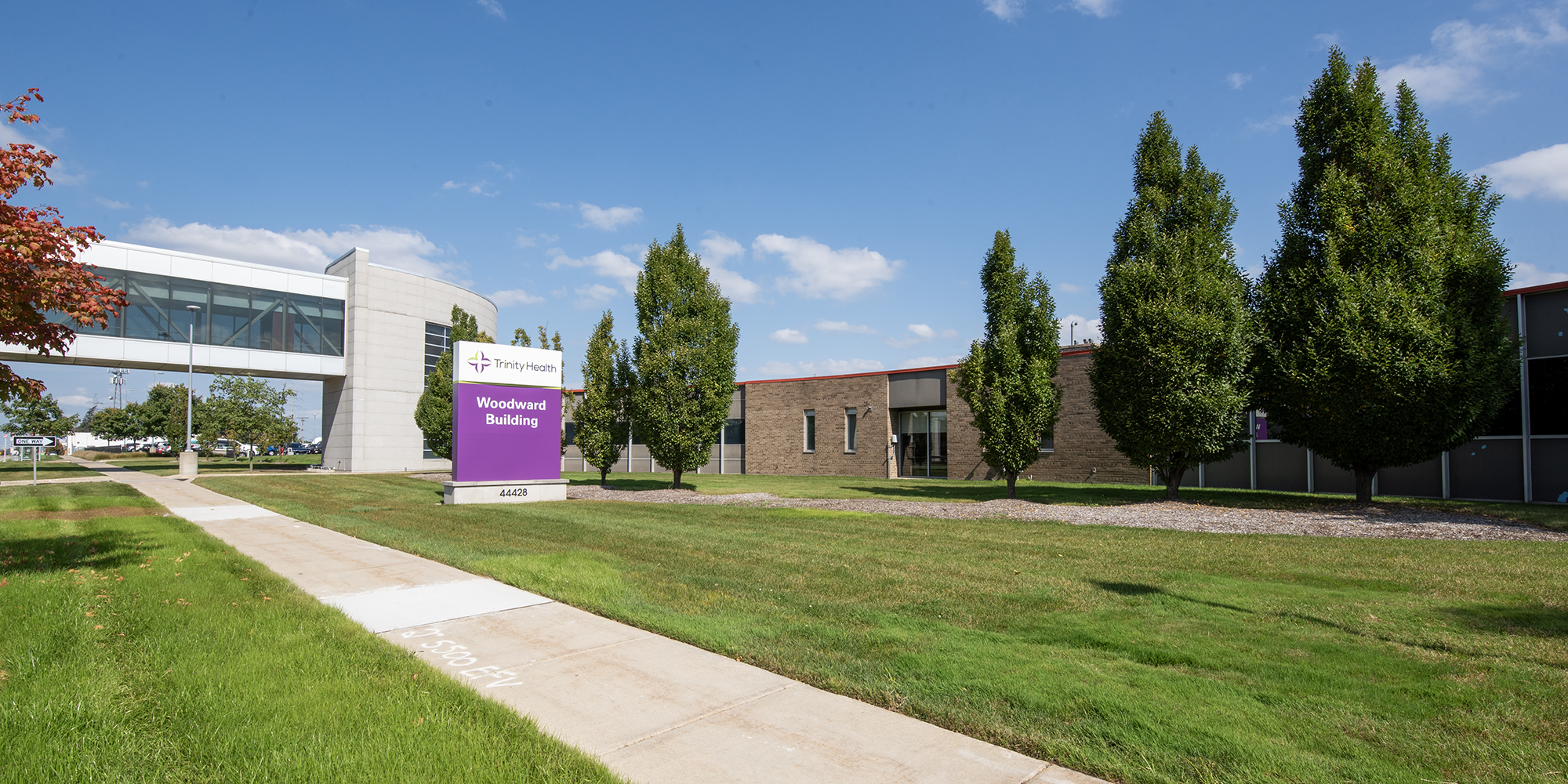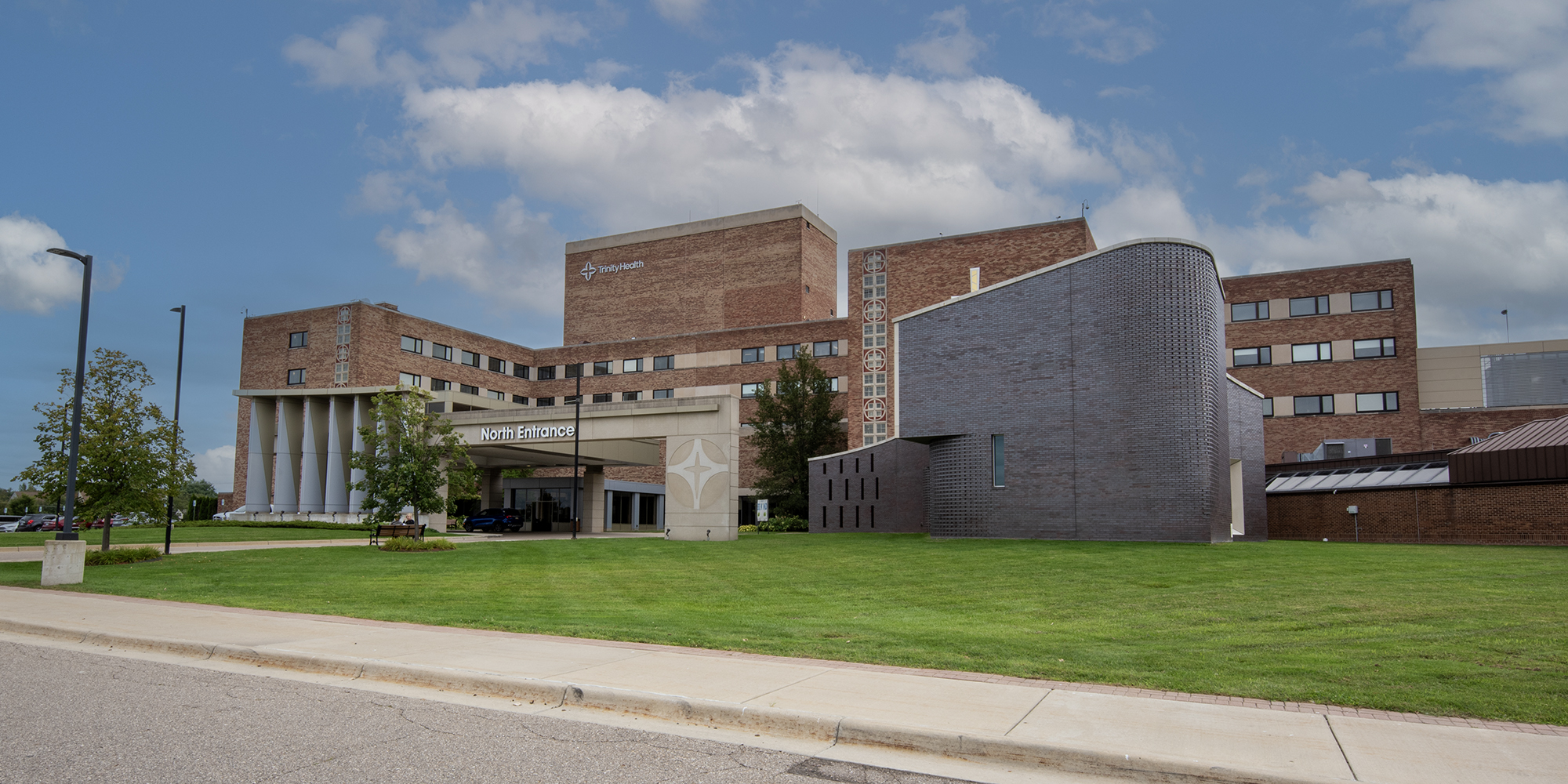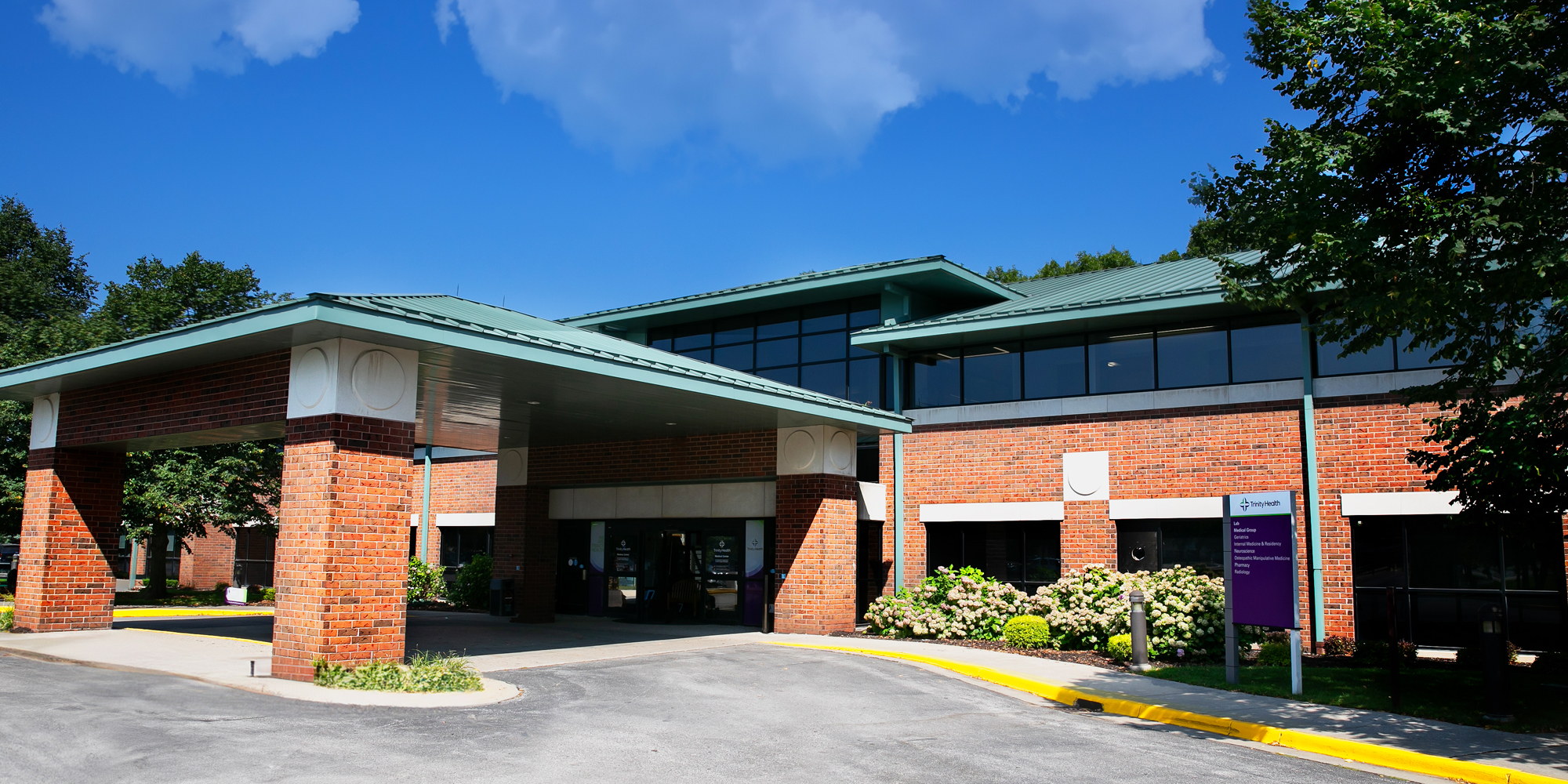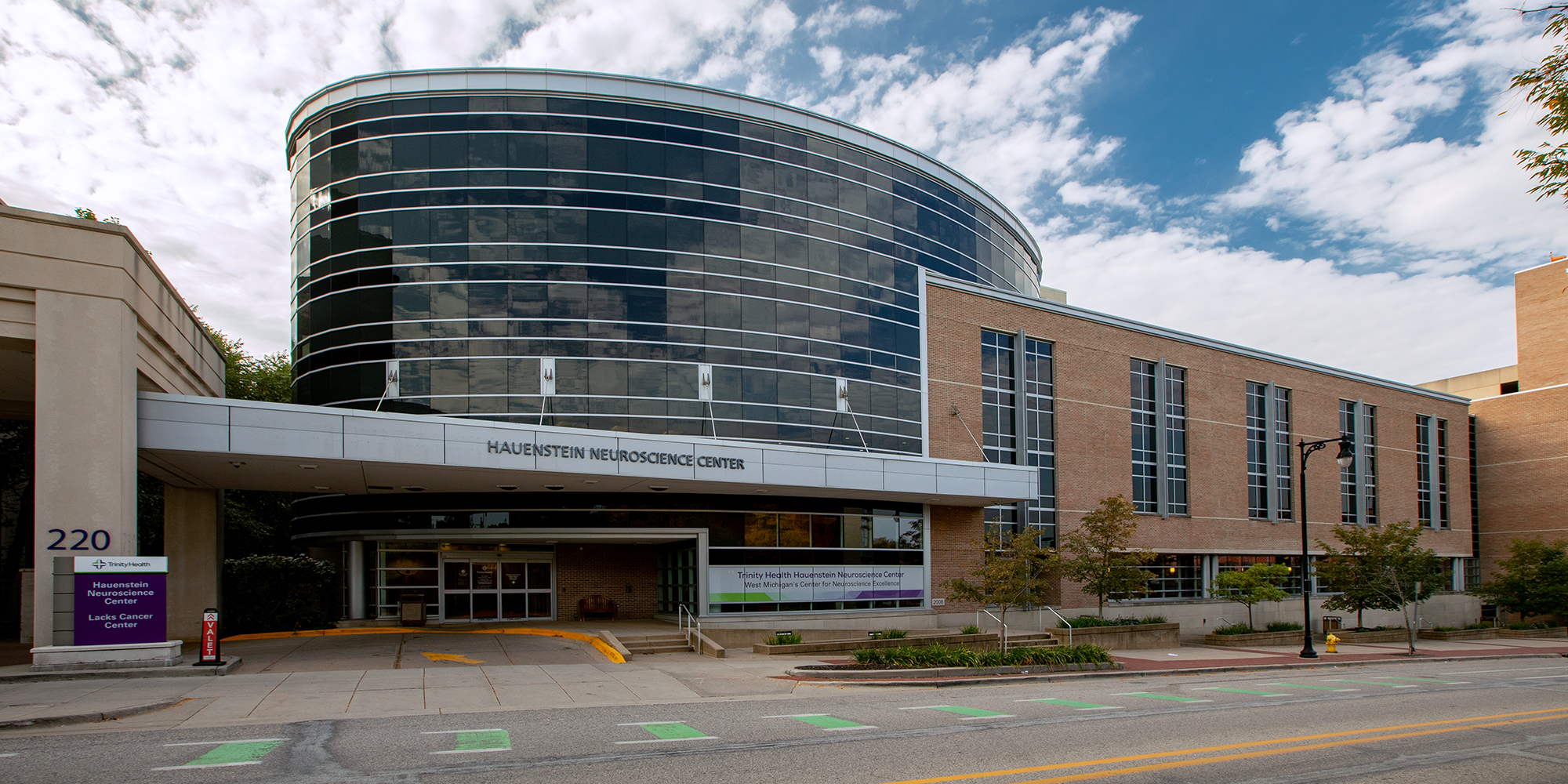Neurorehabilitation
Neurologic conditions such as stroke, brain tumors and Parkinson’s can bring temporary or permanent changes to your abilities. Neurorehabilitation (neuro rehab) from Trinity Health Michigan helps reduce their impact on your life. We deliver a range of therapies that relieve nagging symptoms while optimizing safety and independence.
Neurorehabilitation at Trinity Health Michigan: Why Choose Us?
Neurological rehabilitation is a physician-supervised program for individuals with neurologic injuries and disorders. Our services optimize function, reduce symptoms and improve well-being through a variety of therapies. Services include comprehensive assessments, physical therapy, occupational therapy, speech therapy and neuro-palliative care.
When you come to Trinity Health Michigan, you benefit from our team approach to neuro rehab. Your medical team works with therapists and other nervous system specialists to tailor services to your needs. We are available in clinics and hospitals throughout Southeast and West Michigan, so you receive services close to home.
Our Locations
Who Is Neuro Rehab For?
Our neurorehabilitation services are for people who have or are recovering from:
- Back and spine issues, including scoliosis and chronic back pain
- Brain or spinal cord tumors
- Chronic headache
- Movement disorders, such as Parkinson’s and essential tremor
- Multiple sclerosis
- Neuromuscular disorders, like muscular dystrophy or amyotrophic lateral sclerosis (ALS)
- Stroke and cerebrovascular diseases that include arteriovenous malformation (AVM) and carotid artery disease
- Traumatic brain or spinal cord injury
How Can Neurorehabilitation Help Me?
Neuro rehab from Trinity Health Michigan can help you cope with changes to your abilities so that you can live the best possible life.
Therapies can help you:
- Achieve better mobility, muscle control and balance
- Adjust to changes in memory or attention
- Complete activities of daily living such as eating, dressing and bathing
- Concentrate, pay attention or enhance memory
- Move with less discomfort and improve range of motion
- Navigate your environment if you have low vision
- Regain physical strength and flexibility
- Speak clearly, understand what you’re reading and communicate effectively
- Swallow safely
Neuropsychology Testing
Neuro rehab may start with neuropsychology testing. Neuropsychologists, psychologists with training in neurology, assess the impact of neurologic disorders on behavior and cognitive abilities. You may benefit from an evaluation if you are experiencing challenges with thinking, remembering or speaking. The results help us determine the therapies that are best for you.
Neuro Rehab Therapies
You have access to a variety of therapies that optimize the way you move, communicate and go about your daily life.
Neurorehabilitation therapies include:
- Occupational therapy makes it easier to complete daily tasks, such as bathing, getting dressed and feeding yourself. If you have mobility issues, therapists may show you how to use a walker or wheelchair. Explore occupational therapy (OT).
- Physical therapy may involve balance training to help you feel steadier when you stand and walk. Therapists use gentle exercises to improve strength, flexibility and endurance. Get more information about physical therapy (PT).
- Speech therapy helps you communicate. We teach you new techniques for using your voice and expressing yourself when words do not come easily. This therapy is also for people who have difficulty swallowing. Learn more about our speech therapy services.
- Swallow evaluations, to check how well you can swallow safely. Our experts use special tests to see how you swallow, making sure you're safe and comfortable when you eat and drink.
Neuro-Palliative Care
Neuro-palliative care physicians optimize quality of life for people with neurological conditions with long-lasting or life-altering circumstances. We provide support at any stage of illness and typically get involved early in a person’s care.
Neuro-palliative care physicians work with patients, families and other neurologic disease specialists to ease the burden of living with certain chronic disorders. Services may include pain management, care coordination and more. We also guide patients and families through conversations about future care needs.






